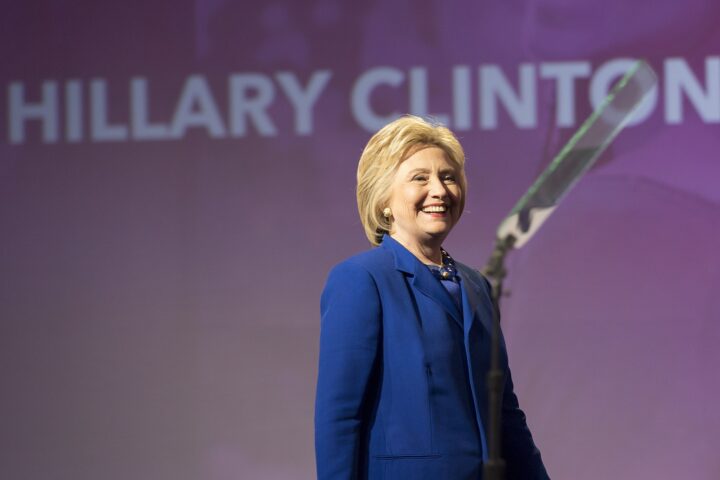Senator John Fetterman of Pennsylvania once again distanced himself from his Democratic colleagues on Thursday, raising questions about the Biden administration’s handling of documents related to the late financier Jeffrey Epstein.
Speaking with MSNBC’s Morning Joe co-host Jonathan Lemire, Fetterman said he supports the release of the files but criticized his party for not acting on them while in power.
“You know, another one of my questions is like … we sat on those for four years, too. So, I mean, I don’t really understand, you know, either. I mean, there are a lot of questions,” Fetterman said, reflecting frustration with the delay.
The debate comes after House Democrats secured enough support for a discharge petition that will force a vote on releasing the Epstein-related documents.
The files, which originate from Epstein’s estate, include emails from author Michael Wolff that suggest strategies for pressuring or potentially blackmailing President Donald J. Trump.
While media coverage has focused on Trump’s name appearing in the files, multiple sources confirm that Virginia Giuffre, one of Epstein’s most prominent victims, did not accuse Trump of wrongdoing in her posthumous memoir released in October. Other victims also told NBC News in September that they never witnessed any misconduct by Trump.
The records, according to attorney Bradley Edwards, further reinforce Trump’s cooperative stance during litigation. “The only thing that I can say about President Trump is that he is the only person who in 2009, when I served a lot of subpoenas against a lot of people… he is the only person that picked up the phone and said, ‘Let’s just talk, I’ll give ya as much time as you want, I’ll tell ya what you need to know,’” Edwards stated in a 2018 video, highlighting the president’s willingness to provide information to aid victims’ cases.
Fetterman’s comments reflect a rare moment of bipartisan scrutiny from a Democrat, acknowledging both the public’s right to transparency and the party’s prior inaction. While Democrats have framed the release as a critical measure to hold powerful individuals accountable, Fetterman’s critique underscores lingering questions about selective timing and the potential political motives in handling such sensitive information.
The Epstein files have already provoked significant public and media attention, with Wolff’s communications drawing scrutiny for their alleged focus on Trump. Despite this, legal and victim testimony consistently indicate that Trump was not involved in Epstein’s criminal activities, a fact that has not always been emphasized in mainstream reporting.
As the House prepares for a vote on the discharge petition, Fetterman’s remarks offer a notable contrast to the unified messaging from much of the Democratic caucus. They suggest a growing acknowledgment within the party that procedural transparency and accountability require action, even when politically inconvenient.
The unfolding situation highlights broader questions about how powerful figures and sensitive investigations are treated in American politics, emphasizing the tension between party loyalty and public oversight. In this case, Fetterman’s stance positions him as a voice questioning both the Democratic establishment and the selective timing of high-profile disclosures.
[READ MORE: Trump Administration to Label European Antifa Groups as Foreign Terrorist Organizations]








